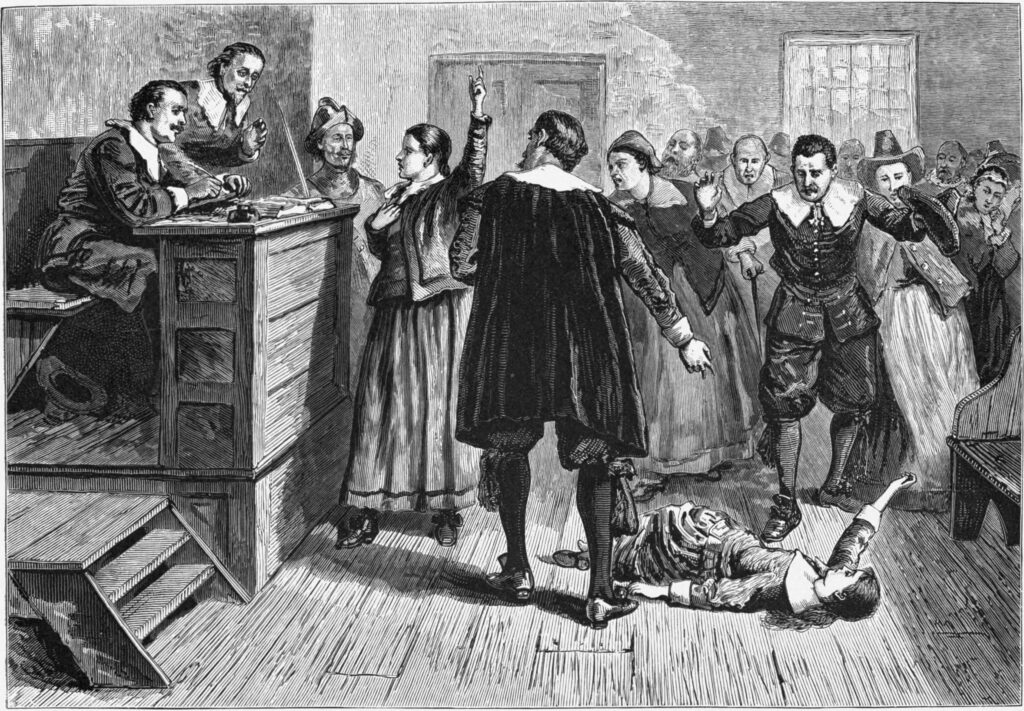Bartholomew Gedney was one of the magistrates who served on the Court of Oyer and Terminer during the Salem Witch Trials.
He also seemed to be a bit of a Renaissance man as he was known as a magistrate, physician, town selectman, merchant, and colonel.
His daughter married Jonathan Corwin, who also served as a magistrate during the trials.
Jump to:
Life and Salem Witch Trials
Bartholomew Gedney was born in Salem in the Massachusetts Bay Colony.
His father, John Gedney, was one of Salem's founders and leading citizens, and Bartholomew followed in his father's footsteps. He served as a selectman of the town and was involved in the local militia, rising to the rank of colonel.
He was offered command of an expedition against Port Royal, Acadia, during King William's War in 1690 but refused.
The following year, he was appointed to Governor Dudley’s council and then became the first judge of probate for Essex County in 1692.
When the hysteria broke out in Salem that would lead to the Salem Witch Trials, Governor William Phips, who had been away, established the Court of Oyer and Terminer and assigned judges to hear cases of folks who had been put into jail for witchcraft.
Among those chosen to be in that court was Bartholomew Gedney.

Gedney was present at several of the examinations and later served as a member of the Court of Oyer and Terminer. He was present at the examination of his friend John Alden on May 31, 1692, in Salem Village. When Gedney saw how the afflicted girls cried out that Alden tormented them, he told Alden that he had
always look'd upon him to be an honest Man, but now he did see cause to alter his judgment.
Alden generously replied that he was sorry for that and hoped in time to recover Gedney's good opinion; the following year, Alden, who had escaped from prison and fled, possibly to Duxbury, was declared innocent by proclamation.
While there are other judges who seemed to have more interactions with the accused, it does seem as though Gedney was somewhat active in the hysteria and believed the spectral evidence that was allowed to be admitted.
Gedney did not serve on the court after it was dissolved due to the mass executions on September 22, 1692, that killed eight innocent people. This would lead one to believe that Phips did not want him on the court.
While he was not as influential as John Hathorne or William Stroughton, his complicity in going along led to much death.
After the trials ended, Bartholomew Gedney would live almost 5 years later until his death in February of 1697.
<- Return to the List of People Involved in the Salem Witch Trials
